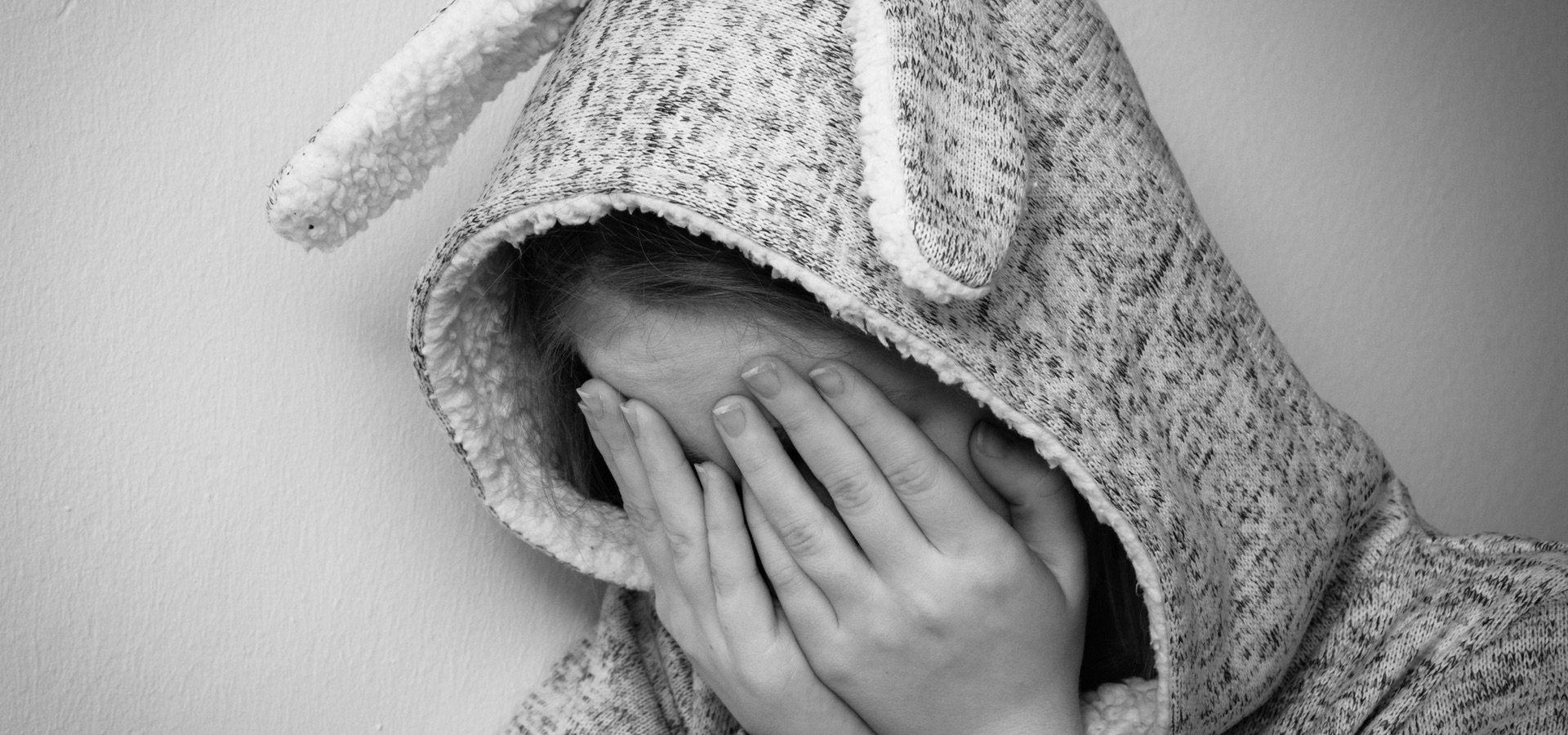Self-harm, self-mutilation or self-injury behaviour all mean an action that is deliberate on the part of the adolescent to hurt or injure themselves. Self-harming behaviour is usually not an attempt from the adolescent to commit suicide, however does suggest that the teenager is struggling with underlying emotional issues. Depression and suicidal ideation, should however, never be discounted as for some teenagers this is a real concern. Teenagers who engage in this behaviour may partake in other risky behaviours such as alcohol and drug use.
One particular phenomena related to self-harming behaviour is that is can become contagious in that it is common for teenagers to ‘copy’ or try fit in with their peers. It thus becomes ‘cool’ or trendy and self-harming behaviour can occur more prolifically when others in the peer group start engaging in this type of behaviour.
There is not one particular reason why teenagers self-harm. It generally suggests emotional turmoil brought about by several factors such as the following:
Inability to deal with emotional difficulties, such as relationship difficulties or problems within the family (such as not getting on with siblings, parent/s, step-parents etc.);
- Feelings of distress, anger, frustration, guilt
- Feelings of having ‘no control’ over their lives;
- Poor self-esteem and feelings of worthlessness;
- Clinical disorders such as depression, anxiety or obsessive compulsive disorder;
- Inability to deal with stress;
- Feelings of pressure (academics, sports or from peers);
- Inability to express feelings in a healthy way;
- Loneliness and feelings of isolation;
- Wanting the attention of people who can help them;
- Spending with time with individuals who self-harm; and
- History of abuse or of having experienced a traumatic event.
Self-injury can become addictive and progressively serious. Teenagers who self-harm have difficulty asking for help. It is therefore important for caregivers and teachers to look out for this behaviour and seek the help of a psychologist.
We understand that there are many aspects that encompass a Mother, Father or Child and strive toward providing resources and services that accommodates this.
Our content is aimed to inform and educate families on issues starting from pregnancy through to the challenges of the teen-age years.
- Say Hello to the Ultimate Holiday Brunch Bite - December 17, 2025
- Tiny Toons Looniversity Returns: Meet the Voice Behind Plucky and Hamton! - December 12, 2025
- From Pain to Possibility: Panado®’s New Marketing Campaign, Highlights The Joy Of Pain Relief - December 10, 2025





